SATA HIKSEMI WAVE 2.5″ 512GO
17 900 DA
Description
Features:
- Capacity
- SATA 3.0 Interface
- Solid-State Technology
- Reliability
- Performance
- Durability
- Compatibility
- Form Factor
- Advanced Features
Additional Features:
- Capacity: The SSD has a storage capacity of 512GB, providing ample space for storing operating systems, applications, and data.
- SATA 3.0 Interface: The SSD utilizes the SATA 3.0 (also known as SATA III) interface, offering high-speed data transfer rates and compatibility with a wide range of devices, including desktops, laptops, and gaming consoles.
- Solid-State Technology: As an SSD, it uses solid-state technology, which means it has no moving parts, resulting in faster data access, lower power consumption, and increased durability compared to traditional hard disk drives (HDDs).
- Reliability: SSDs are generally more reliable than HDDs due to their lack of moving parts, making them less susceptible to physical damage and mechanical failure.
- Performance: The SSD likely provides fast read and write speeds, reducing boot times, loading times, and improving overall system responsiveness.
- Durability: Solid-state drives are inherently more durable than traditional HDDs, as they are not affected by physical shocks or vibrations, making them suitable for use in portable devices.
- Compatibility: The SSD is likely compatible with various operating systems, including Windows, macOS, and Linux, as well as with a wide range of devices that support SATA interfaces.
- Form Factor: The SSD may adhere to a standard form factor, such as 2.5-inch, making it compatible with most modern computers and laptops.
- Advanced Features: Depending on the model, it may include additional features such as built-in encryption for data security, TRIM support for maintaining optimal performance over time, and error correction technologies for data integrity.
- Warranty: The SSD may come with a warranty, ensuring protection against defects and providing peace of mind to the user.
Soyez le premier à laisser votre avis sur “SATA HIKSEMI WAVE 2.5″ 512GO” Annuler la réponse
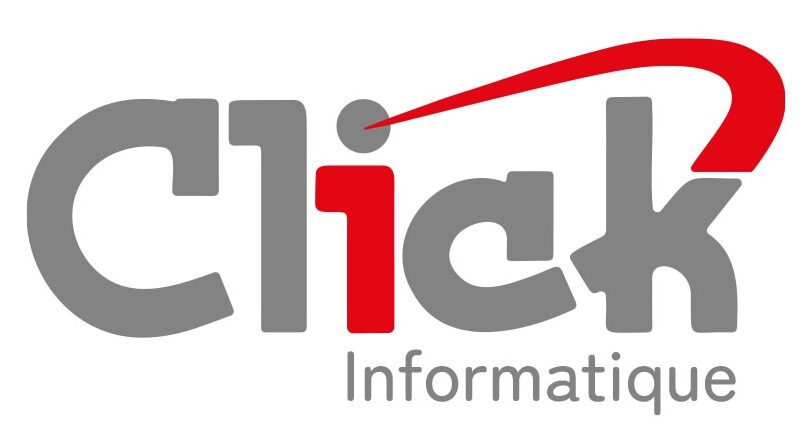
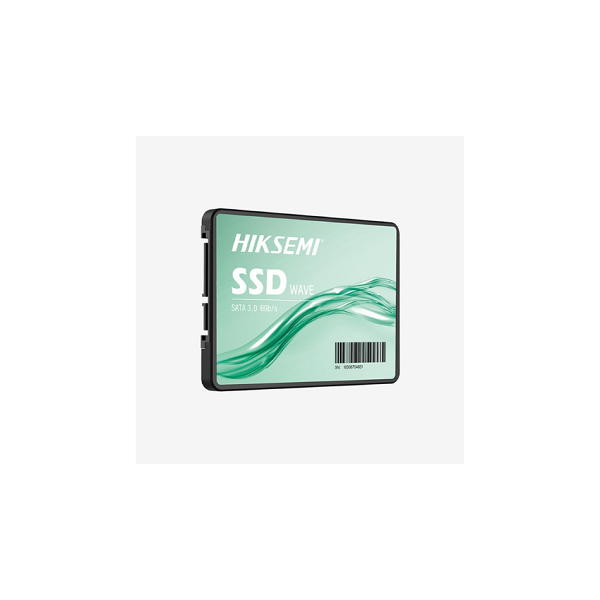

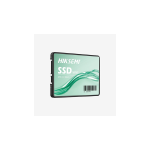


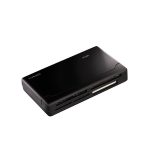

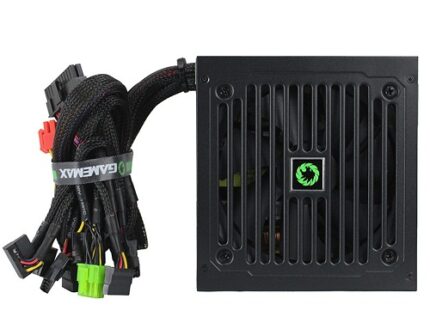
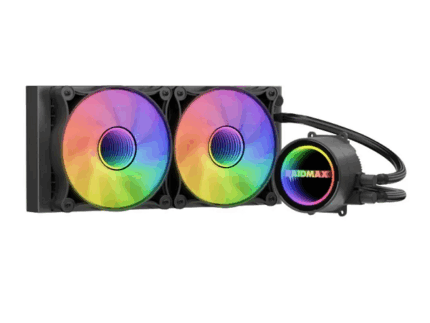
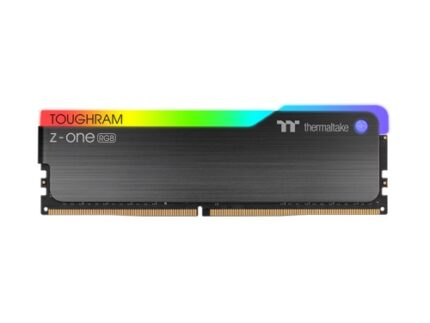
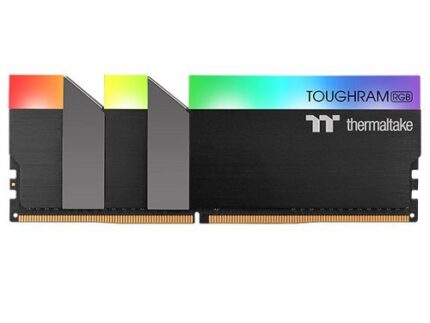
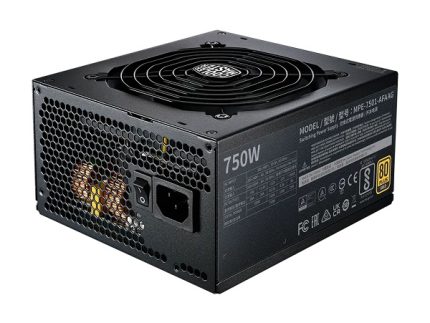
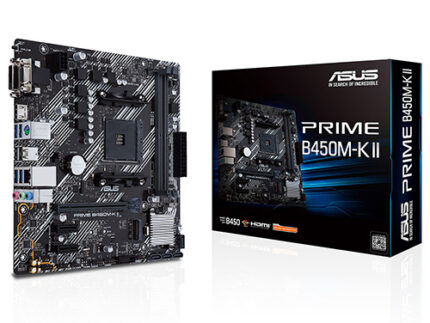
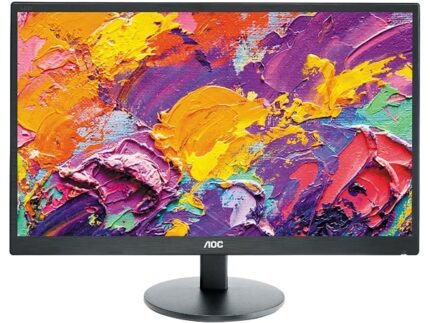
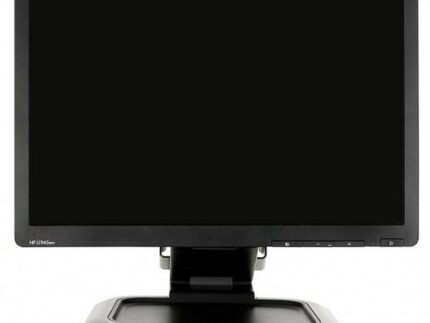

Avis
Il n’y a pas encore d’avis.